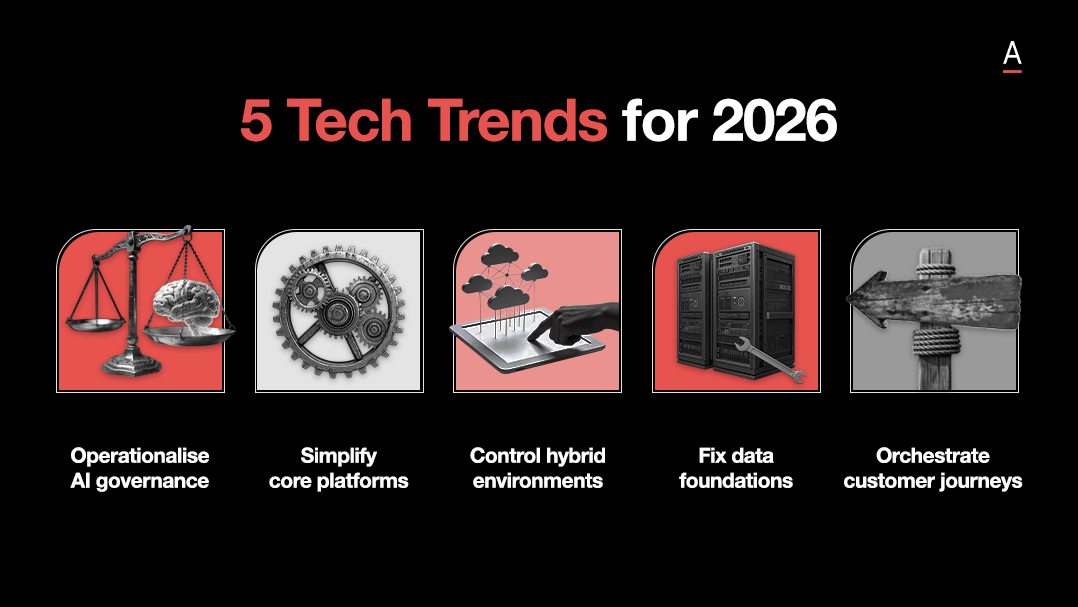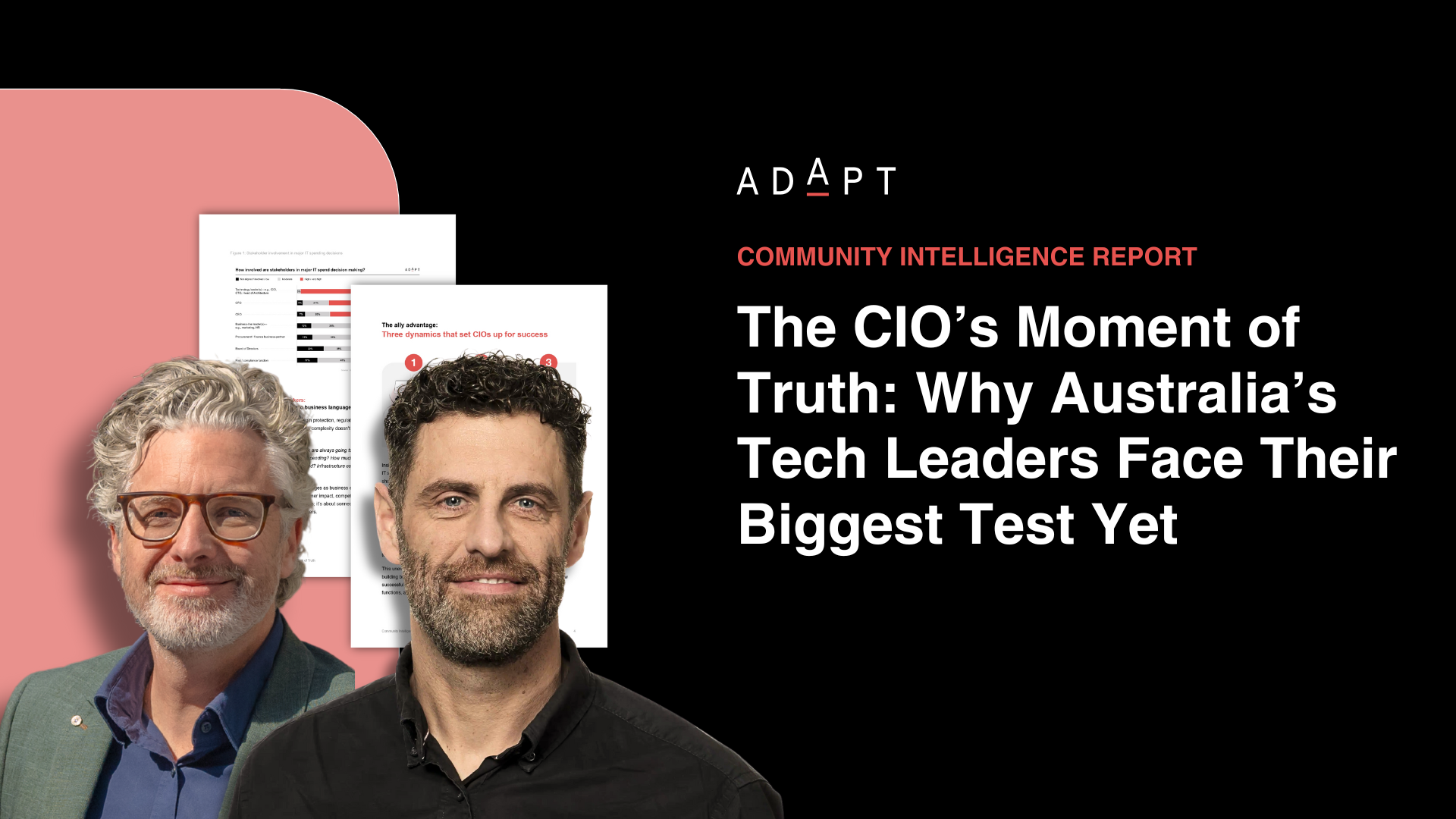David Heacock, Digital Health Senior Advisor at Department of Health and Aged Care, discusses aspects of innovation and digitisation in government organisations in this community interview.
Organisational culture is critical in driving digital innovation and achieving positive outcomes. David highlights that successful digital innovation is not solely about technology or processes but requires a culture that fosters psychological safety, autonomy in decision-making, and honest leadership throughout the hierarchy.
We should measure value through data and outcomes. Using the example of Service NSW, David points out that government agencies should prioritise delivering value to citizens, abandoning ineffective processes and quickly pivoting when necessary. Moreover, maintaining open and transparent communication with the public and the media is crucial in building trust.
He acknowledges the challenges of balancing the public’s demand for outcomes with the government’s risk-averse culture. Government employees need to feel safe while taking innovative risks. Integration across various aspects of the business to achieve meaningful outcomes is crucial.
David notes that there is growing interest in using AI in the public service but there are also concerns about safety. He stresses the importance of putting safeguards in place, including guardrails, visibility into AI decision-making, tuning mechanisms, and feedback loops to ensure responsible and safe use of AI technologies.
There is a delicate balance between data sharing and privacy concerns in government. Achieving interoperability and effective data sharing is essential for improving public services.
Key Takeaways:
- Prioritise outcomes over processes in the public sector. Service NSW is a prime example of successful innovation driven by a focus on measuring value through data, embracing outcomes, and maintaining transparent communication with the media.
- Whether using a centralised or distributed innovation model, it is crucial to have a broad mandate that allows innovation to extend across various facets of the organisation, focusing on achieving outcomes rather than limiting innovation to specific areas like user interfaces or APIs. This involves collaboration across multiple aspects, including policy, legislation, processes, workforce, technology, and customer interactions.
- There is a growing demand for improved data sharing among government agencies and the integration of services, treating the government as a unified entity rather than separate entities. Achieving interoperability is a significant challenge, particularly in healthcare, but successful examples like the 21st Century Cures Act in the US, which mandated interoperability standards and APIs, have revolutionised patient data sharing, and Australia aims to follow a similar path.






























